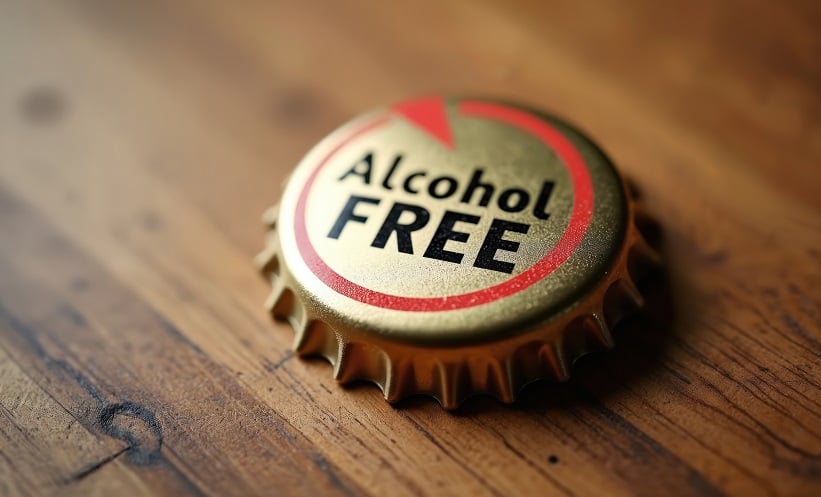THE POPULARITY of non-alcoholic beers (NABs) has risen in recent years, with many choosing these beverages as healthier alternatives to traditional alcoholic drinks. However, despite this shift in consumption habits, little has been known about the specific metabolic and health effects of these drinks compared with abstaining from them altogether. A recent study sheds light on this issue, revealing a key finding that certain NABs may adversely affect glucose and lipid metabolism even over a short time frame.
In the randomised, investigator-blinded trial conducted at a single centre, researchers assessed the metabolic, hepatic, and microbiome-related effects of daily NAB consumption in 44 healthy young men over 4 weeks. Participants were assigned to consume 660 mL daily of one of three types of NAB (pilsner, mixed beer, or wheat beer) or water. The team measured various health indicators, including fasting glucose, insulin, lipid profiles, liver enzymes, and gut microbiota composition.
The results revealed significant differences between beverage types. Mixed beer consumption led to increases in fasting glucose and triglyceride levels, while wheat beer increased insulin, C-peptide, and triglycerides. Conversely, pilsener and water reduced cholesterol and LDL cholesterol without significantly affecting glucose metabolism. In terms of liver markers, M30, a biomarker of liver cell death, was lowered by both pilsener and water. Mixed beer consumption lowered liver enzymes ALT and AST. Changes in gut microbiota were also observed, particularly a reduction in Firmicutes and increase in Actinobacteria with pilsener.
These findings suggest that not all NABs are metabolically equal, with pilsener showing a more favourable profile compared to mixed or wheat beers. However, the study’s short duration and small sample size limit broader generalisability. Additionally, participants were all young, healthy males, meaning results may not apply to women, older adults, or individuals with pre-existing metabolic conditions. From a clinical perspective, the sugar and caloric content in some NABs appear to play a more substantial role in metabolic effects than their polyphenol content. Health professionals may need to consider advising patients that certain NABs, particularly those with higher sugar content, may not be a metabolically neutral alternative to water or lower-sugar beverages.
Reference
Kreimeyer H et al. Non-Alcoholic Beer Influences Glucose and Lipid Metabolism and Changes Body Composition in Healthy, Young, Male Adults. Nutrients. 2025;17(10):1625.








